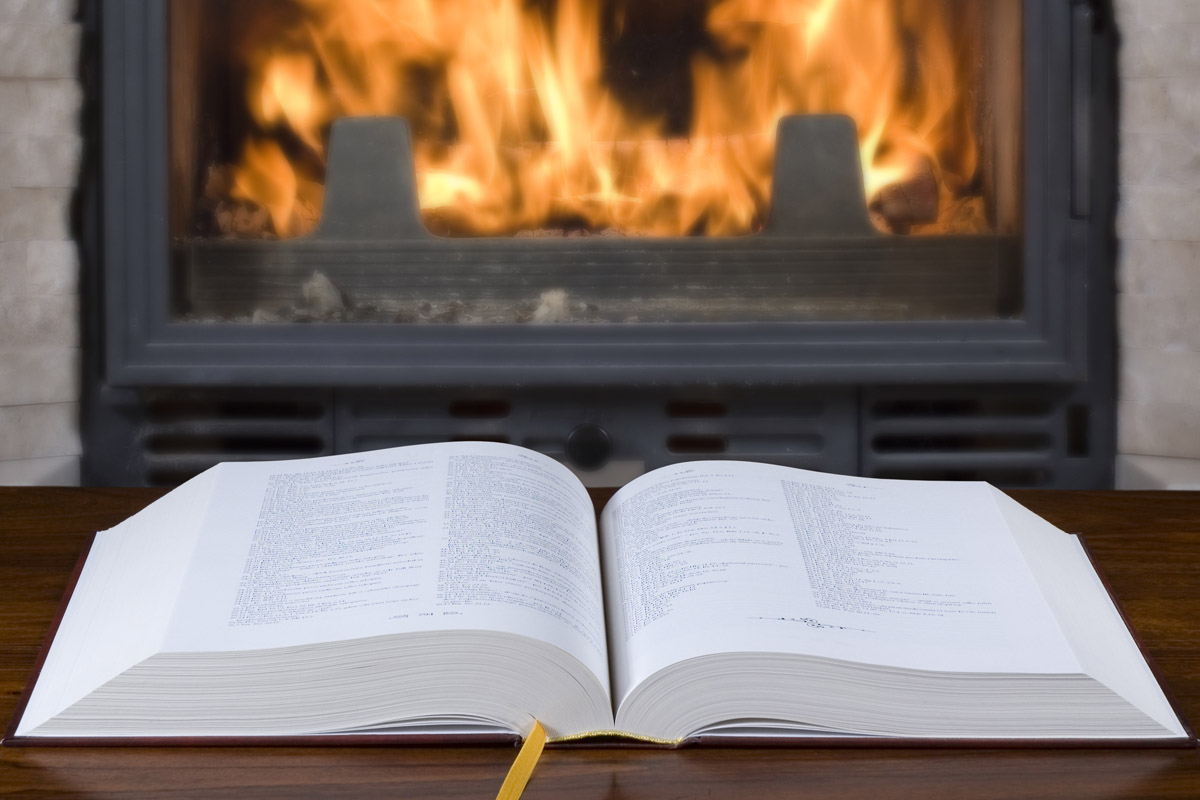Iván Omaña
King Nebuchadnezzar was gripped by delusions of grandeur— something that would haunt him throughout his life. Through the dream in Daniel 2, God had clearly revealed that he and his kingdom of Babylon were only the head of gold in the “great image” (Daniel 2:31, KJV). But no, Nebuchadnezzar refused to accept the fact that he was passing through life like every other human walking the earth. He determined to make his presence known as permanent throughout the kingdom. Making a direct reference to the dream, Nebuchadnezzar commissioned a massive statue, made entirely of gold. He was sure that the dream had it wrong, that God was mistaken in saying that he was only the head of gold.
The assembly was called. High officers, officials, governors, advisers, treasurers, judges, magistrates, provincial officials were there. The orders were clear. They were to bow down before the golden image when the orchestra struck. The scene must have been powerful and ominous. Amidst a sea of people kissing the floor, three young men were standing up. King Nebuchadnezzar took it as a personal affront and asserted, “‘What god will be able to save you from my power?’” (Daniel 3:15, NLT).1 The answer they gave has been the central theme of many a sermon, and yet it bears reflection. The New Living Translation renders it: “‘O Nebuchadnezzar, we do not need to defend ourselves before you. If we are thrown into the blazing furnace, the God whom we serve is able to save us. He will rescue us from your power, Your Majesty. But even if He doesn’t, we want to make it clear to you, Your Majesty, that we will never serve your gods or worship the golden statue you have set up’” (Daniel 3:16–18).
These were brave young men! Their words only served to enrage the king even more. They were tied and thrown into a fiery furnace that had been heated seven times more than usual. So hot was the fire, that those who were throwing the Hebrews into the furnace died. And here’s one of the important lessons. They were bound by the circumstances, strapped with the bonds of unacceptance, tied with ropes to test their spiritual loyalty. Their hands and feet were bound! Have you ever felt as if your hands and feet were bound? I find it quite powerful that those who were “some of the strongest men of his army” still died because of the fire. The instrument the king had chosen to attack the children of God turned and “slew those men” (Daniel 3:23, KJV). In Prophets and Kings, Ellen White wrote: “The Lord did not forget His own. As His witnesses were cast into the furnace, the Saviour revealed Himself to them in person, and together they walked in the midst of the fire. In the presence of the Lord of heat and cold, the flames lost their power to consume.”2
When we go through trials, the tendency is to feel alone. But if I have learned anything from this story, it is that when things heat up, Jesus is there right in the middle of the heat with us. And moreover, those who are testing us will see that He is with us. In the biblical account, Nebuchadnezzar comes to the entrance of the furnace . . . hold on! There’s something baffling here! A few minutes before, they had had to remove the bodies of the strongest men of his army who had thrown Shadrach, Meshach, and Abednego into the furnace. But now Nebuchadnezzar gets close to the furnace, and nothing happens! What’s that all about? I’d like to suggest that at this very moment, even in the middle of his disbelief, King Nebuchadnezzar is receiving the benefit of the spiritual blessing that those he intended to harm were receiving. Interesting! Through our faithfulness, God may bless those who intend to harm us!
Lastly, something special happened as Shadrach, Meshach, and Abednego walked out of the furnace. The Bible tacitly teaches us something here. If you compare the things the three young men were thrown in with and the things that came out with them, something is missing. I invite you to carefully read the story, taking special care in comparing Daniel 3:20 and 21 and Daniel 3:26 and 27. I ask you now, what were the only things left in the fire? And what are the things you and I need to leave in the fire? What are the things that Jesus must remove from you and me?
The biggest lesson I get from this story, in this context, is that when I am thrown into the fiery furnace and Jesus joins me there, the only things that are removed are those that tie me down. May it also be that those who are trying to harm me will come to understand that He is able. But even if He chooses not to act, like the three young men, I resolve to remain faithful. How about you?
Iván Omaña DMin (Denver Seminary, Colorado, U.S.A.) is director of Adventist Chaplaincy Ministries at the General Conference of Seventh-day Adventists in Silver Spring, Maryland, U.S.A. E-mail:
Recommended Citation
Iván Omaña, "Things Left In The Fire," Dialogue 34:2 (2022): 3/4
NOTES AND REFERENCES
1 Unless otherwise indicated, all Scripture references in this editorial are quoted from the New Living Translation of the Bible. Holy Bible, New Living Translation, copyright © 1996, 2004, 2015 by Tyndale House Foundation. Used by permission of Tyndale House Publishers, Inc., Carol Stream, Illinois 60188. All rights reserved.
2 Ellen G. White, Prophets and Kings (Mountain View, Calif.: Pacific Press, 1917), 508.





